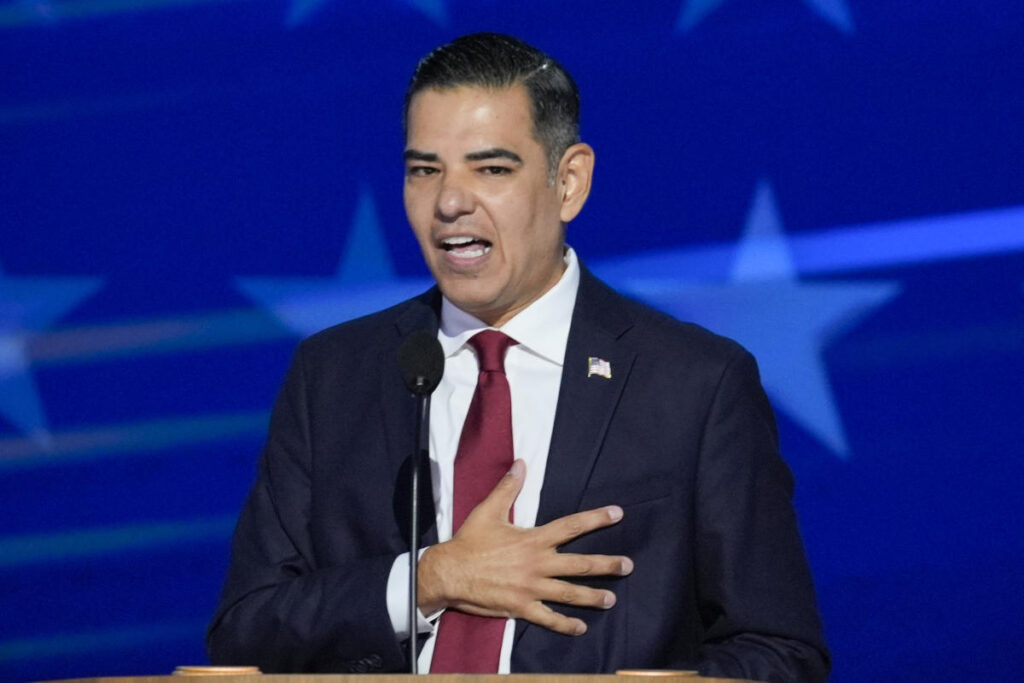On Tuesday, a coalition of 49 House Democrats, spearheaded by Rep. Robert Garcia from California, sent a letter to the CEOs of Fortune 1000 companies urging them to maintain their diversity, equity, and inclusion (DEI) programs. The lawmakers emphasized that these initiatives are essential for providing fair opportunities to all individuals, supporting the idea that inclusion embodies a fundamental American value and is beneficial for business. The call for action comes as several major corporations, including Ford and Harley-Davidson, have begun dialling back DEI efforts following criticisms and legal changes, notably the U.S. Supreme Court’s prohibition of affirmative action in education.
The situation has sparked a contentious debate about the effectiveness and fairness of DEI policies. Proponents argue that such initiatives counteract systemic discrimination and foster equitable workplaces, whereas critics contend that they lead to divisive environments and are inherently unjust. Ilya Shapiro from the Manhattan Institute criticized DEI programs, suggesting they prioritize group identity over individual merit and thus create rifts within organizations. The letter from the Democratic lawmakers warned that the rollback of DEI policies directly contradicts consumers’ expectations, as many Americans are inclined to support businesses that commit to inclusive practices.
In light of growing workplace discrimination complaints, evidenced by the U.S. Equal Employment Opportunity Commission’s recent report of over 81,000 charges in fiscal year 2023—a 10% increase compared to the previous year—supporters of DEI programs argue that these initiatives are crucial for mitigating such issues. EEOC Chair Charlotte Burrows stated that diversity and inclusion programs can serve as a protective measure against discrimination and harassment in the workplace. However, opposition voices like Shapiro assert that DEI programs do not align with traditional civil rights laws, suggesting they have emerged through a “divisive” framework that might undermine workplace harmony.
Compounding the controversy, the potential for an increase in reverse discrimination lawsuits has emerged with the U.S. Supreme Court expressing interest in a case involving alleged bias against a white employee. Legal experts note that this could set a precedent for future cases where those from majority groups claim unfair treatment based on institutional DEI initiatives, reflecting a significant shift in the legal landscape surrounding workplace equality measures. The debate around this evolving dynamic highlights the complex nature of discrimination discussions in contemporary America.
Furthermore, the landscape of corporate DEI policies is shifting due to legal challenges mounted by organizations like the American Alliance for Equal Rights, which has opposed race-based support systems and affirmative action. A recent settlement included the closure of a grant program designed for Black female entrepreneurs, raising concerns about the implications of such legal victories for diversity funding and support in the corporate world. Advocates for diversity worry that backlash from the anti-DEI movement might lead to an overcorrection by businesses hesitant to engage in affirmative efforts, compromising the progress made towards inclusivity.
As corporations grapple with the implications of shifting political and legal contexts surrounding DEI policies, the challenge remains to navigate consumer expectations while aligning their business strategies to foster an equitable environment. Advocacy from political figures and organizations stresses the need for continued support of DEI initiatives as essential for achieving a diverse and fair society. The unfolding situation serves as a reminder of the ongoing struggle over the definition and importance of inclusion in modern corporate governance, with implications for social equity far beyond the workplace.

